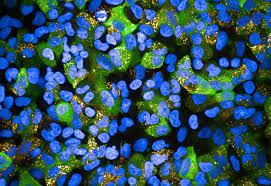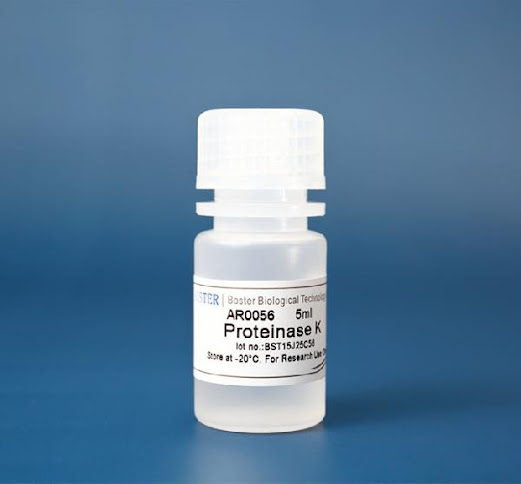High Content Screening Market is growing at a robust pace with Evotech Technologies launched Opera, a cell analyzer for fast high content analysis
High-content
screening is a technique that is being used increasingly in drug discovery and
preclinical research to identify materials like small molecules, proteins, or
RNA which change the genetic output of the cells in the desired way. Cells that
do not respond to a drug typically get filtered out because of their inability
to absorb the drug, and therefore the scientist looking for a new one has to
look elsewhere. This is why screenings are done frequently using high-activity
substances like drugs for cancer, AIDS, and infectious diseases. When it comes
to regional impact, North America is exhibiting a positive outlook in the high
content screening market. This could be attributed to rising cases of chronic
diseases and the rapidly growing geriatric population across the region. On the
contrary, Asia Pacific is registering significant traction with growing
disposable incomes across the region.
The most
common application for high content screening is to detect and measure elements
with unknown functions in eukaryotic and prokaryotic cells. For this purpose,
cells are frequently grown in growth media supplemented with a variety of
different concentrations of various substances. One of the key factors aiding
growth of the market is growing cases of neurodegenerative disorders such as
Parkinson’s disease, Alzheimer’s disease, and more. As per the Alzheimer’s
Association, in 2021, around 6.2 million people in the U.S. aged 65 years and
above are living with Alzheimer’s dementia. As per the Parkinson’s Foundation,
around 60,000 people in the U.S. are diagnosed with Parkinson’s disease. This,
in turn, has increased the adoption of high content screening in the drug
discovery of the aforementioned disorders. Hence, such factors can stimulate
growth of the high content screening market.
Another
major use of high content screening is in the field of drug development. When a
compound is discovered which is capable of affecting a human cell, it is then
tested on animals in order to see if the results are the same as the results in
humans. However, lower adoption of HCS instruments due to their expensive
prices could pose several challenges in the development of the market. Besides,
a dearth of skilled personnel to operate high content screening instruments and
inadequate infrastructure and funding for R&D in emerging economies could
potentially impede growth of the high content screening market.
The most
common technique used for high content screening involves incubation with
fluorescently labeled proteins. Another key factor fueling growth of the market
is technological advancements in informatics solutions and imaging instruments.
Over the years, imaging instruments in the healthcare industry have improved
significantly. High content screening combined automated imaging and
quantitative data analysis for large-scale applications including systems
biology and drug discovery. Thus, these factors can augment growth of the high
content screening market. Recently, in June 2021, Evotech Technologies GmBH
launched Opera, a high-throughput cell analyzer for fast high content analysis.




Comments
Post a Comment